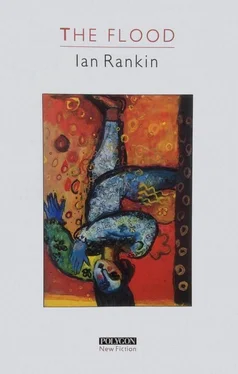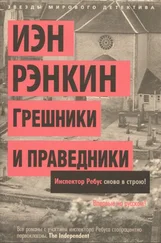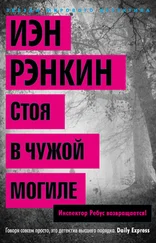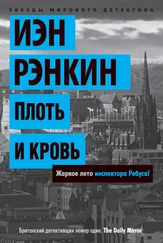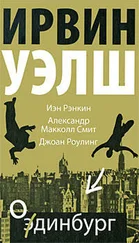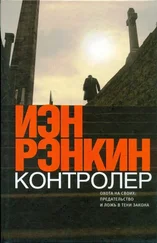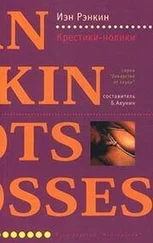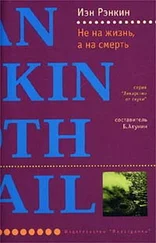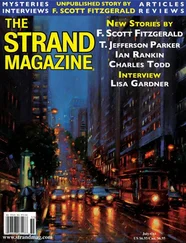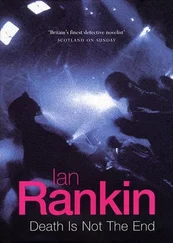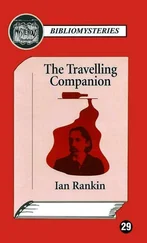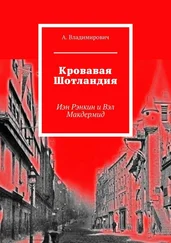Those were days of near innocence, days which all too soon had become irretrievably the past. She never talked with her dead mother about the day when she had been thrown into the hot burn, or about the days that followed. Those times sat in crouched silence in Mary’s mind, grinning rictus-like and festering.
She spoke with her mother of flowers and brooks and country walks, of a land which might once have existed but was now no more. Her father listened in silence, doubtless impressed by their relationship, sisters more than mother and daughter, sharing their thoughts and their vision like girls tucked beneath the bedclothes in a darkened room. Her father would nod and listen, but make no comment other than to grunt when spoken to. He seemed further away than her mother, and Mary knew the reason why. His face had vanished from her memory, leaving only the vague outline of a shuffling, heavy man with a pipe clamped between his teeth. But Mary knew her mother’s face better than she knew her own. It was kindness and russet cheeks and a cold compress on a headache. It was love. It was love that she talked to now as she sat by the cool graveside and stroked the bristles of grass as if they were long weavings of hair.
Blushing like a schoolgirl, she told her mother about Andy.
‘Yes, Mum, he’s lovely. He really cares for me. He’s always doing little things like bringing me chocolates or flowers. Like an old-fashioned suitor in a way. He has a car and we go out into the country sometimes to little pubs and interesting places. People look at us as if we were man and wife.’ She paused. ‘I think maybe one day we will be. Sandy’s still growing, though he says he isn’t. He’s sitting his exams at school just now. He’s been swotting for weeks. He comes home exhausted. Mind you, he’s still quite a laddie. He’s out till all hours some nights. No, I’m being strict enough with him, Mum, but you have to give them a bit of freedom these days or they go off the rails. He never gets into trouble. I think he’s got himself a girlfriend. He blushes like a schoolgirl when I ask him.’ She chuckled. ‘I don’t know who it is yet. I just hope it’s someone nice and not one of those tarty young things that hang around down the street. But I think Sandy’s got enough sense not to get into trouble in that respect.’
She was silent for a few moments. The crows continued their dialogue. Smaller birds began bickering in some bushes nearby. ‘The birds are fairly singing today, Mum. I can’t really tell what kinds of bird. There are crows and sparrows, of course, but goodness knows what else. You would know them all. I’ve forgotten all those bird-songs that you taught Tom and me. Tom’s fine, by the way. I had a letter from him recently. Have I seen you since? I forget. My memory seems to be going a bit haywire these days. Sandy’s leaving school. He’s adamant about that. I wonder what he’ll do with himself. If you were here, Mum, he’d listen to your advice. He takes little or no notice of his own mum. Independent as anything, and still only fifteen. Fifteen, Mum.’ She paused as if listening to something. ‘Yes, Mum, it has been the ruin of me. But I love my Sandy and I wouldn’t not have had him. I can’t think of such a thing. What do you think, Dad? What do you think?’ She was weeping now. She rose to her feet and, drying her eyes on a delicate handkerchief, walked quickly from the grave. The flowers in their jars trembled in the slight breeze.
As Mary left the cemetery, she saw George Patterson toiling up The Brae. She took to her heels and ran, dodging into the housing scheme so as not to be seen by him.
Mr Patterson was going home for lunch. He had shut the Soda Fountain at half past one, aware that young Sandy was not going to show up after his exam. It was a beautiful afternoon and quiet. He was glad of the fresh air. The shop was a tomb as far as he was concerned. He was selling less than ever, which meant smaller profits, but more importantly fewer customers with whom to while away the time. George Patterson was in his fifties and was waiting to die. It was a slow process. He ate packets of sweets and smoked cigarettes and drank himself silly in isolation, but still he could not die. Perhaps this hill would do the trick.
George Patterson wanted to die because he could not see that it could be worse than living. He went to church sometimes, but no longer believed in God. It made it easier for him to want to die. All he wanted was not to exist. That he was liked in the town only made it harder. He wanted to be hated, but people would not let him be hated. What was worse, he would not let himself be hated. When he met people, he would feel a smile appearing on his face, though he willed himself to frown, to hurl abuse. He found himself forced to make noble gestures, all the time hating himself, all the time aware of the grossest hypocrisy.
Mr Patterson was a bachelor. He lived alone in a small house in Cardell, on the outskirts of town. He read lots of magazines and newspapers there and listened to the radio. He had no pets. He had no housekeeper. He tidied the house himself and did his own washing and ironing. He was portly from having eaten too many sweets during his lifetime, but was not entirely unfit. That he was also bald and ruddy faced merely added to the endearment others felt towards him. He hated it all. This world was a mockery, and human beings were mockeries of life. Another flood was needed, if there had been a first, a flood to wash away all the debris, to leave only a handful of starry-eyed children and the few good people who had to exist somewhere. George Patterson would have prayed for that, had he still believed in God. Being an unbeliever, he merely thought about it.
He sweated his way towards his shaded house and hoped that the pain in his side would not intensify. He passed the old minister, or rather he made to pass him. The minister, as always, stopped to speak with one of his respected and respectable parishioners. One, admittedly, who was not seen at church as regularly as might have been expected, but who nevertheless showed the true Christian spirit.
‘A lovely afternoon, Mr Patterson. Is this you just getting home for lunch?’
‘Yes, Mr Davidson, I’m afraid so.’ Mr Patterson loathed himself for his newly arranged smile and simpering tone. He came to a halt beside the old man with the cherub’s face and the silver hairs curling from his nostrils telling everyone that he was a man of God but a hard man too, a man one could deal with realistically.
‘And how is the sugar trade, Mr Patterson? Are you still corrupting our youth with your tooth-rot?’ There was a smile on the old man’s face, but his gaze was honest enough. Mr Patterson laughed uneasily.
‘Everyone has their little sin, Mr Davidson. I’m not saying that sweets aren’t bad for you, but there are other pleasures a lot worse.’ The minister laughed heartily.
‘True, very true, but it’s a weak defence if defence it is. I would agree that there are degrees of temptation. I am often tempted by a dram now and then, but would certainly consider the yielding to such as something less heinous than being tempted to commit a crime and carrying through the act. But look at it another way. You are selling something you know to be bad...’
And so are you, old man, thought Mr Patterson in an evil moment, so are you.
‘... so does that make you the better man?’ Mr Patterson, lost in his thoughts, had missed some part of the minister’s argument vital to its understanding. He smiled and shook his head.
‘You’ve got me beat there, Mr Davidson. What do you want me to do? Sell my livelihood?’ The minister laughed and shook his head. He took George Patterson’s hand and patted it lightly. His clasp was soft and dry.
‘Indeed no, George, I was only joking with you. You better away and get your lunch now. Don’t be disheartened by the jabberings of an old man. Will we see you in church again soon?’ The minister’s eyes suddenly stopped their survey of the houses around them and concentrated themselves on those of Mr Patterson, who felt the blood tingling responsively in his cheeks.
Читать дальше
